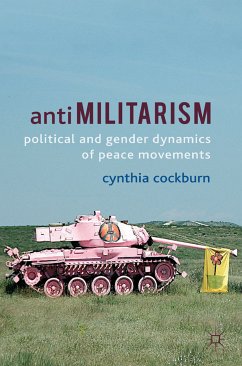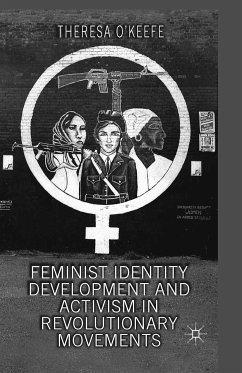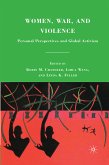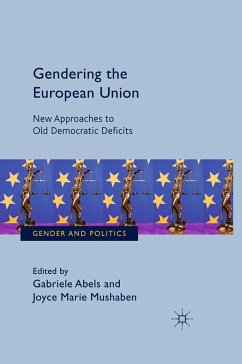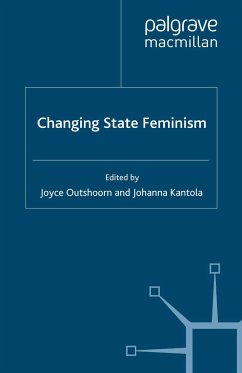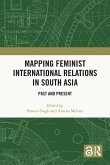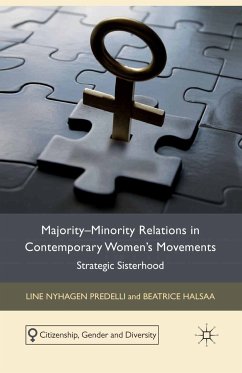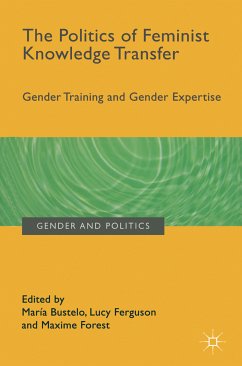Dieser Download kann aus rechtlichen Gründen nur mit Rechnungsadresse in A, B, BG, CY, CZ, D, DK, EW, E, FIN, F, GR, HR, H, IRL, I, LT, L, LR, M, NL, PL, P, R, S, SLO, SK ausgeliefert werden.
- Cynthia Enloe, author of Nimo's War, Emma's War: Making Feminist Sense of the Iraq War
'Cynthia Cockburn's research has done a service to the various peace and anti-war groupsh. Ultimately, it challenges readers to look for "a different common sense". This is the critical, "counter-hegemonic" sense that works for a reduction of every form of violence - from the structural violence of poverty and deprivation and from daily physical violence and intimidation to the organised mass violence of war - and insists that there are other choices we can bring into being.'
- Howard Clark, War Resisters' International

